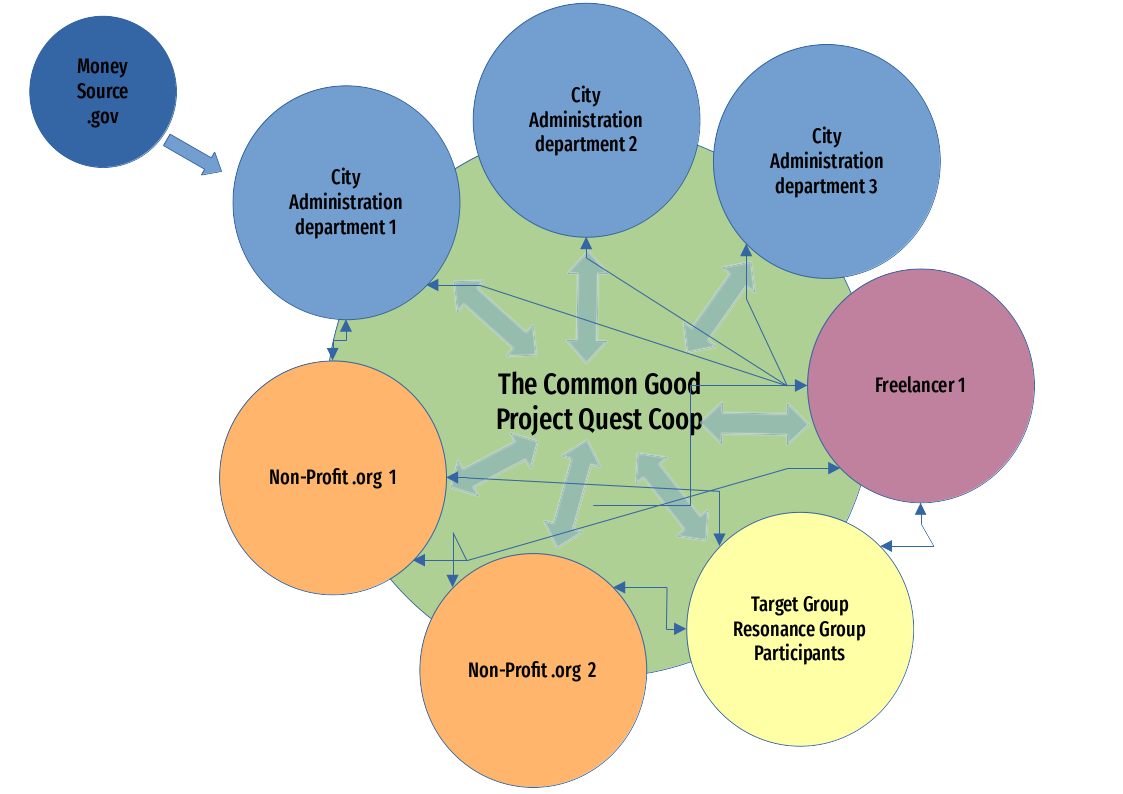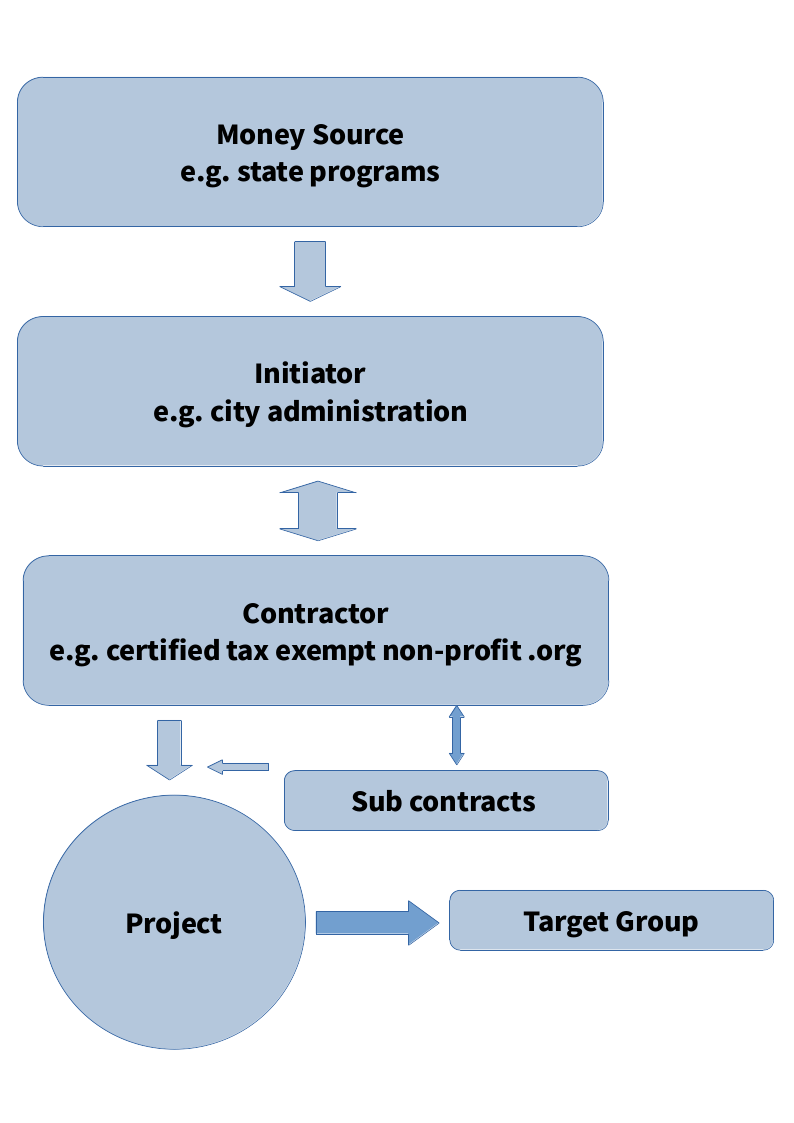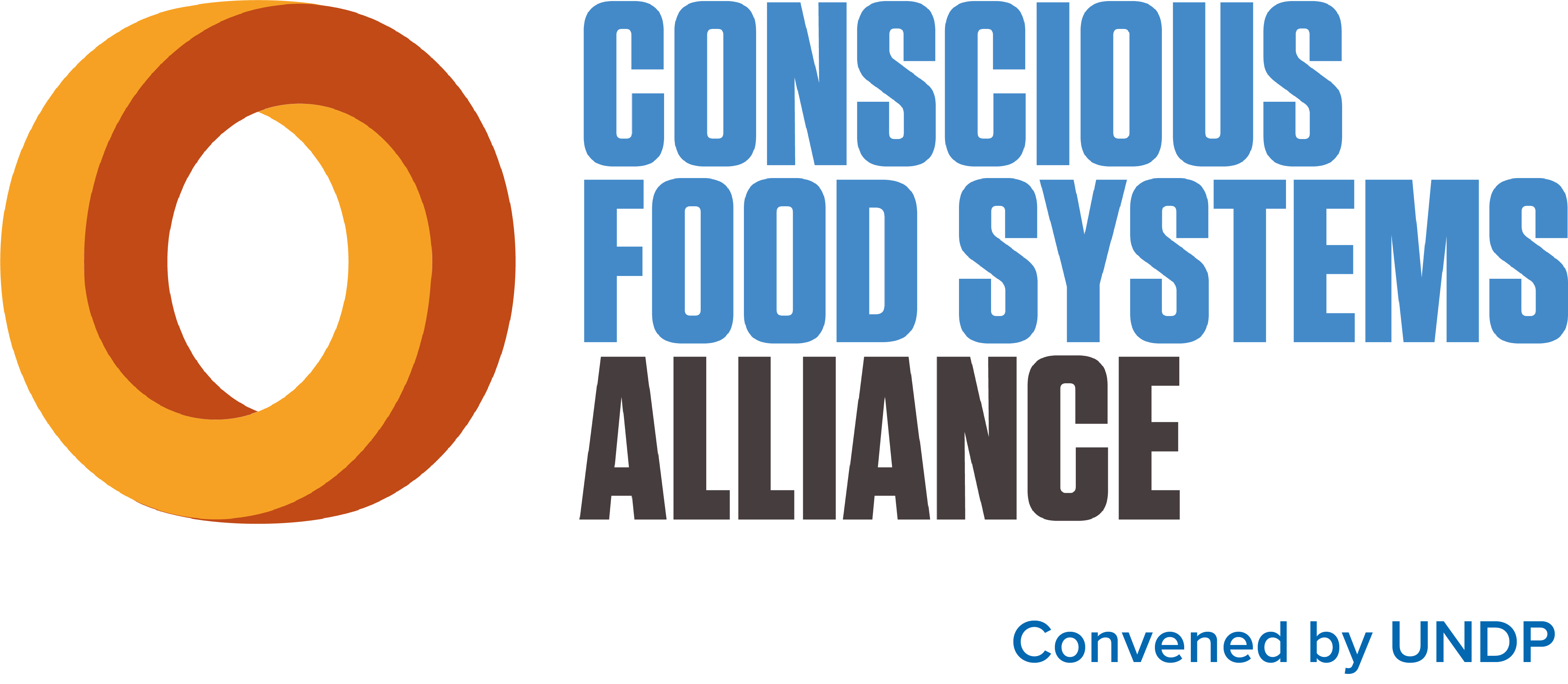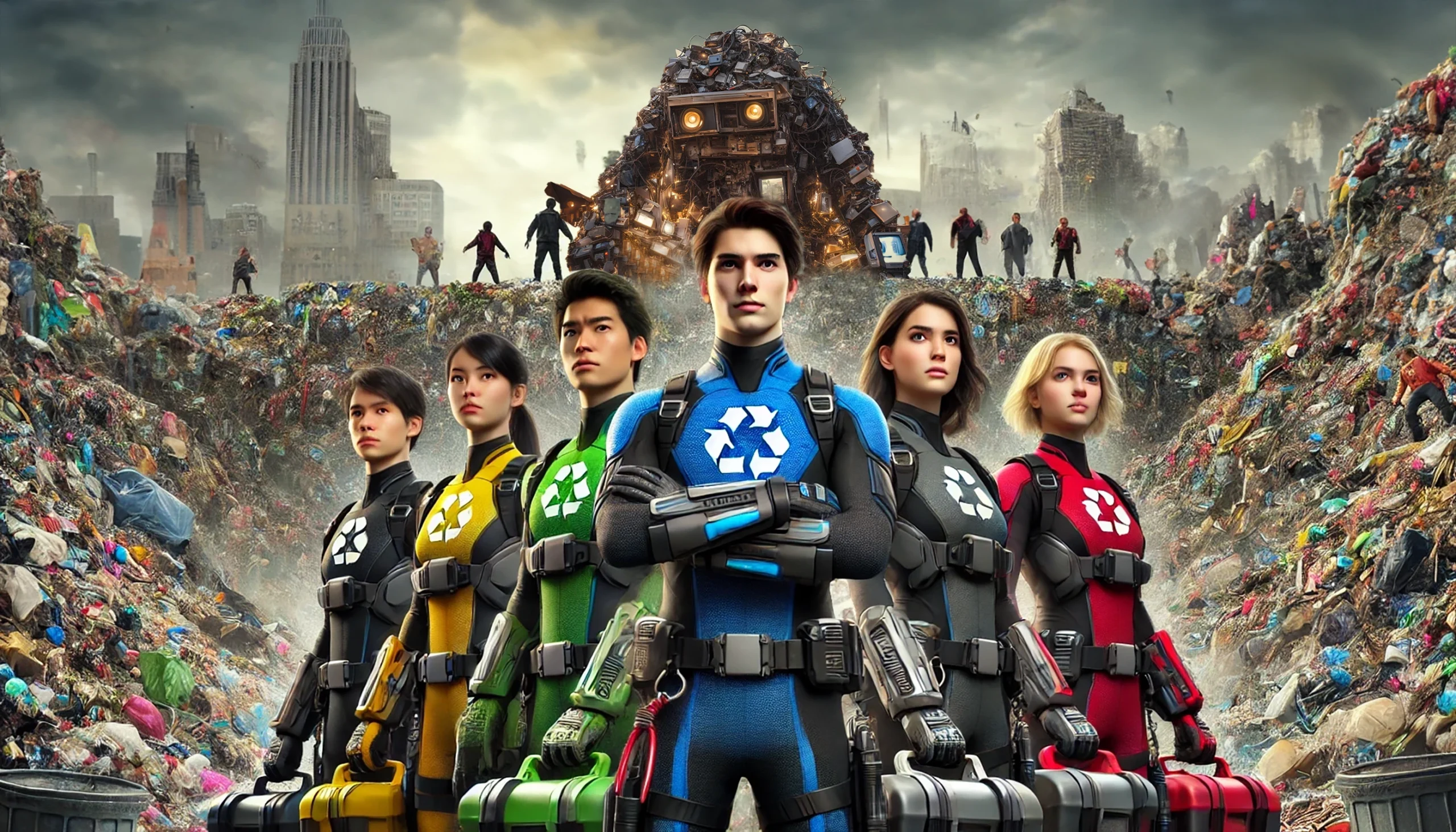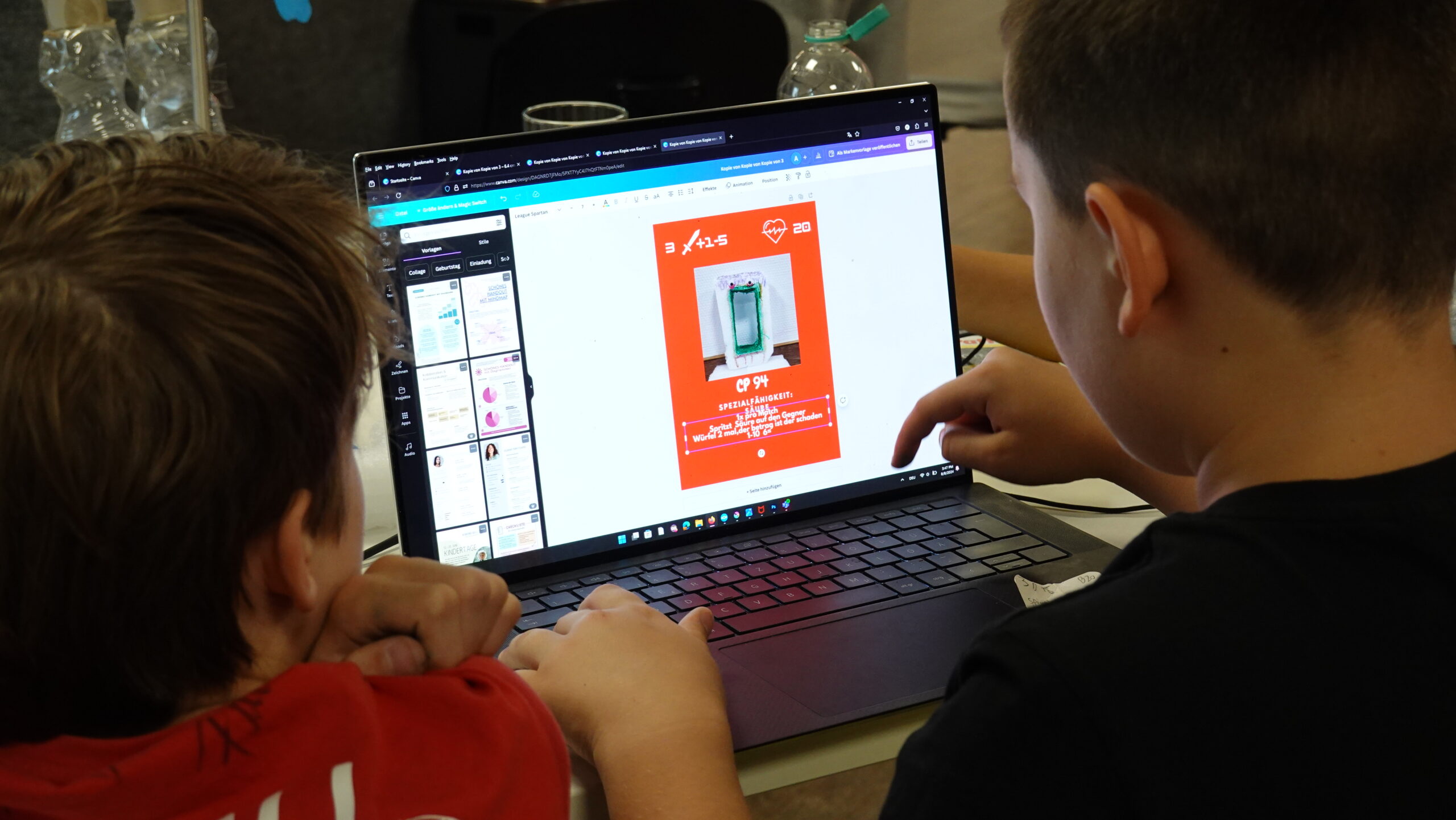Ktopia designs and develops engaging, narrative-driven Game Worlds in Education for Sustainable Development (ESD), with a special focus on Regenerative Food Systems.
Our games are created in both analogue and digital formats by a multi-stakeholder cooperation, including Youth, and are released as Creative Commons and Open Educational Resources (OER)—enabling free adaptation and expansion using Open-Source tools.
re:gen FSYS – lifeCCG

A Collectible, Collective Card Game in Education for Regenerating Food Systems & Practicing the Sustainable Development Goals
latest journal entries


Video Session: TJD Conference for Africa Authentic Sustainability: African Actions Shaping Sustainable Futures

Ktopia, represented by André Boeing, is a Project Partner of The Jena Declaration (TJD) at the UNESCO Chair on Global Understanding for Sustainability, a member of the Conscious Food Systems Alliance (CoFSA), convened by the United Nations Development Programme (UNDP) and a member of Catalyst Now.
Exploring the
Circular
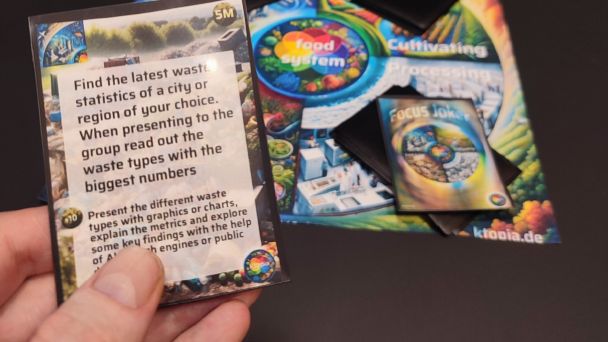
Being on a playful quest
Open-Source & Common Good Sharing of Findings & Creations
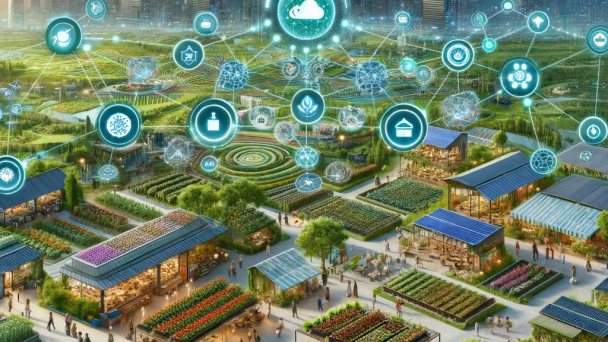
Dreaming
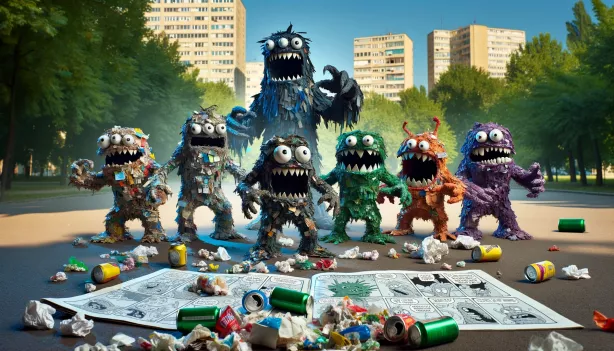
Playful Games for the creative commons, to activate the joy of conscious exploration and active change
Play sparks curiosity and invites us to face challenges with joy. Games offer ways to explore, grow, and even learn through failure.
Ktopia invites people into narrative education worlds and supports them in co-creating open-source, analogue-digital games. We facilitate multi-stakeholder Europe–Africa cooperatives—including Youth—to design card games for exploring regenerative food systems and imagining paths toward global sustainability.
Inspiring story narratives, joyful action, playful co-creation, and open sharing of resources are essential for learning how to live sustainably—in ways that are locally rooted and culturally respectful.
edu Game release 2024/25:
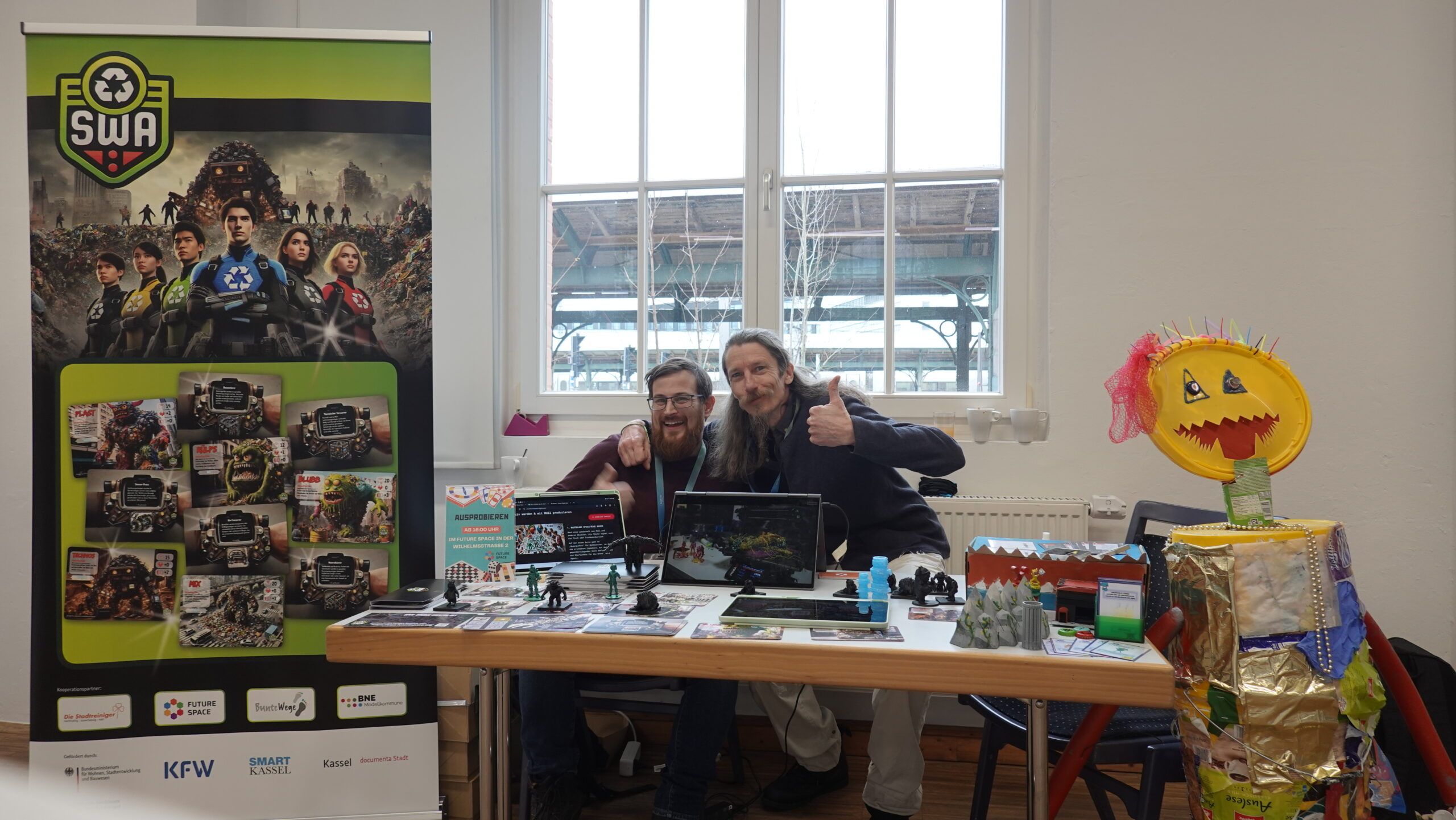
Alpha Released Dec, 02024 as an Open Educational Resource under a Creative Commons license during the Social Smart Regional Conference hosted by the German Ministry of City Development
The Smart Waste Agency Game (The SWAG) is an edutaining, open-source tabletop and card game. It immerses players in the world of waste types (waste monsters), recycling techniques (smart multi-tools), and a circular economy – fostering creativity, cooperation, and climate awareness as Agents of Change.
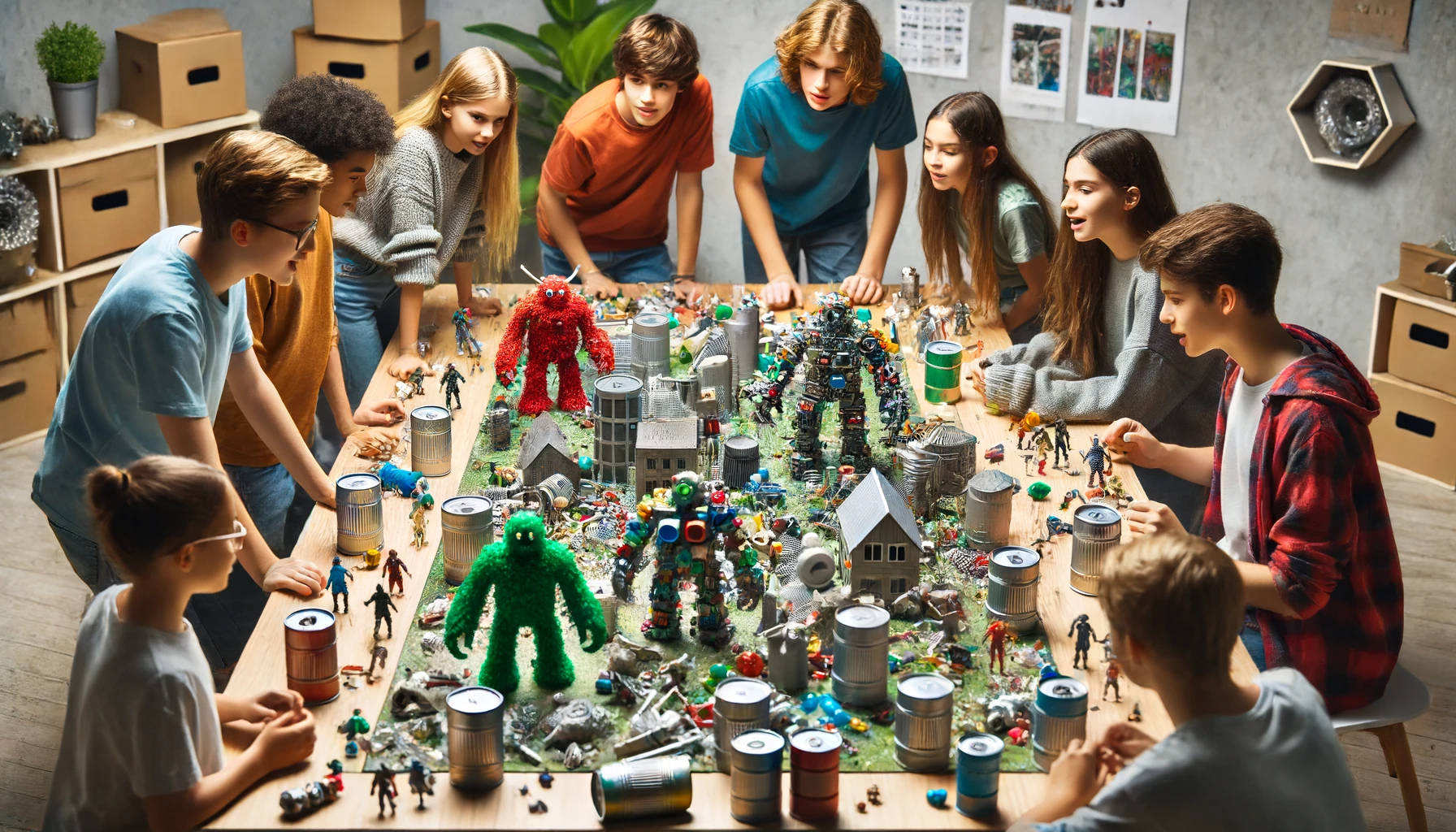
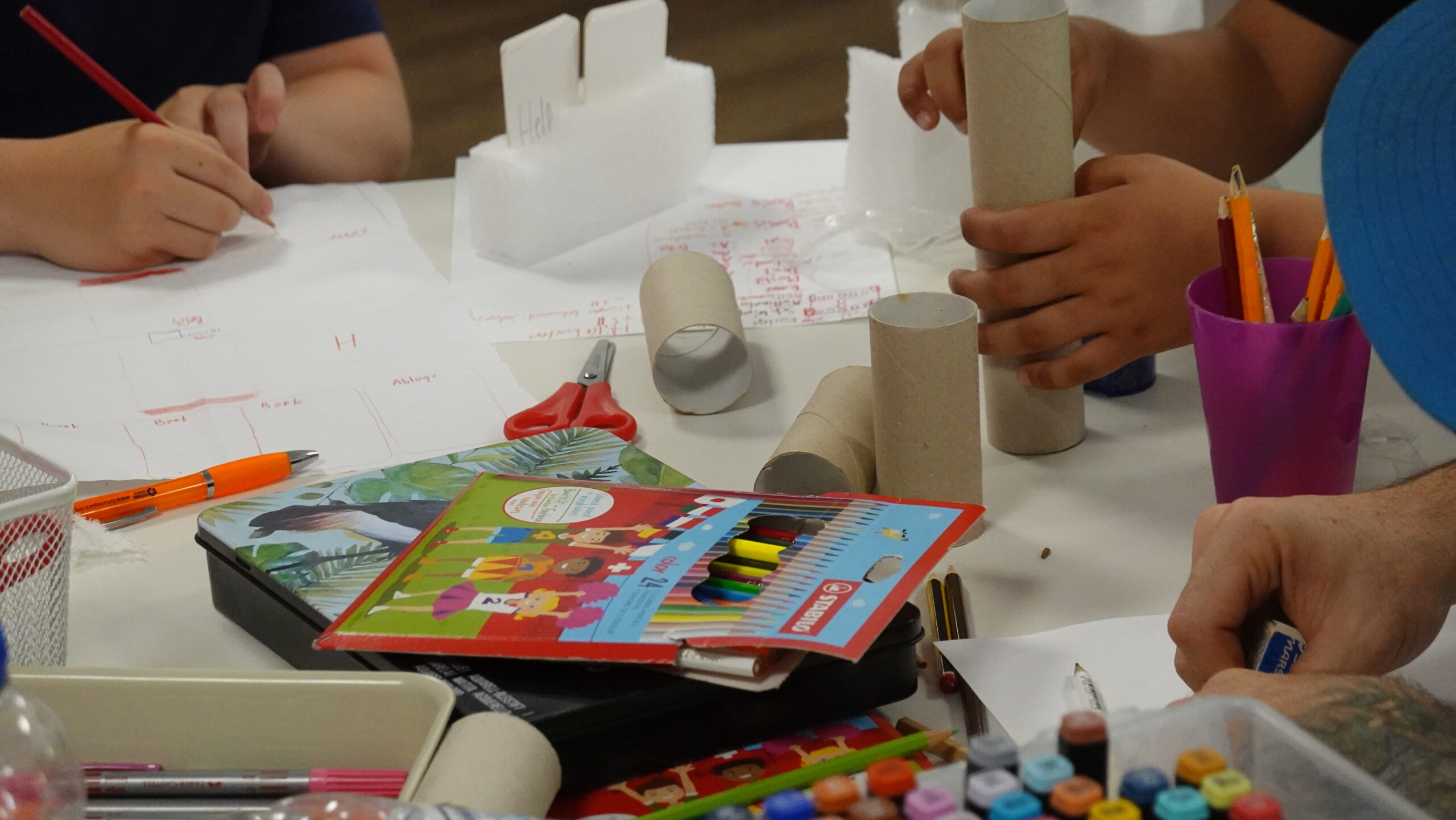
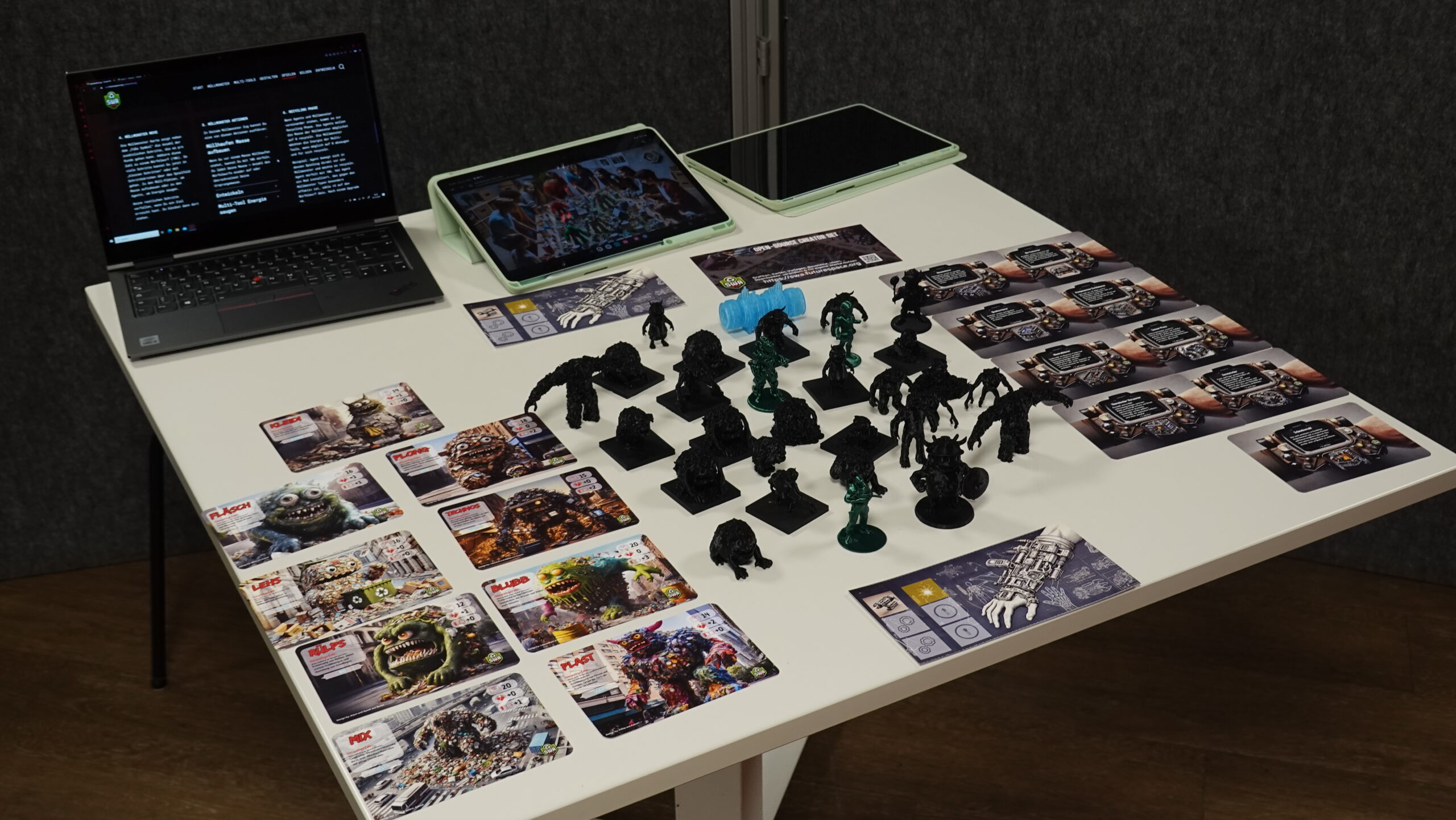
A coop model of co-creating a social product for the commons together
Living Labs are save grounds to try new ways of cooperating with each other.
In our 2024 Expedition and co-creation of our social game product we succesfully tried a different way of doing so. The Project Quest has been in the center of a circle, multiple stakeholder contributed to and received from.
